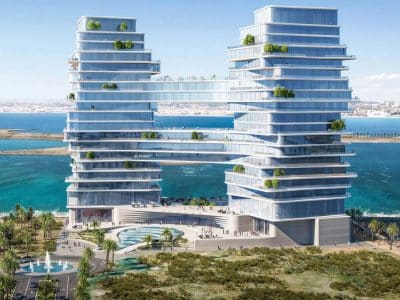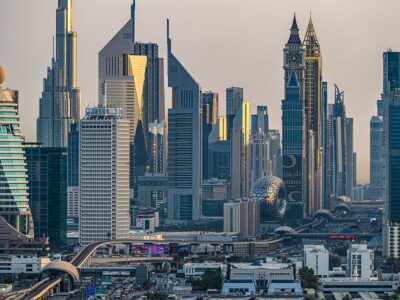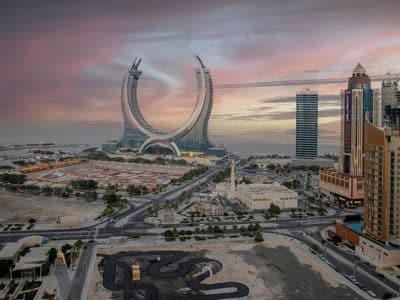Do you know what the hottest property ticket in Hong Kong is right now? That’s right — it’s the humble parking space. The average price for each slot is now nearly $100,000, and a report last week claimed that one real estate boss, Jacinto Tong, had been offered $640,000 for each of his two spaces in the central Wanchai business district. Tong decided not to cash in; he says he likes parking his Mercedes S500 near his office building’s lift, while the other space is reserved for his driver.
Parking spaces have become big business; some banks are even offering mortgages on them. The average price has risen by 20 percent since the beginning of last year, while the number of transactions has increased by a whopping 400 percent. Some slots are becoming even more expensive than the city’s smallest homes.
But why all the interest in parking? The main reason is the recent steps local officials have taken in order to cool down Hong Kong’s extraordinary housing boom. Strict regulations imposed on those wanting to tap into a market that has seen prices rocket by 240 percent over the last decade have left investors scratching around for other areas in which to make quick returns. Parking spaces — which aren’t nearly as tightly regulated as houses — neatly fit that niche.
Hong Kong’s housing market currently faces the sort of problems that Dubai did back in 2006-8, and it’s therefore instructive to compare the actions taken by the city’s authorities with the move made by the UAE Central Bank to cap mortgages at 50 percent for expatriates. With Dubai property prices rising by nineteen percent last year, according to Jones Lang LaSalle, the central bank clearly felt that action needed to be taken to cool the market. The question, of course, is whether the cap represents perhaps too heavy a touch on the brakes.
Over a period of three years, the Hong Kong government has tried every trick in the book to slow down the market. Included in the new laws are; a minimum down-payment of 40 percent for mortgages costing more than HK$7m ($902,000), raising stamp duty for non-resident buyers, increasing taxes on property sold within six months, limiting mortgage tenures to 30 years, and mandating that mortgage payments cannot make up more than 40 percent of buyers’ incomes.
While it’s still not clear whether those measures have worked (they did, briefly, at the end of 2011, before prices went rocketing back up again), it’s interesting to note that the Hong Kong central bank decided to take a series of small steps to tinker with the situation. Could similar measures be put in place here — such as mandating the 50 percent mortgage cap for expats only on properties worth, say, over AED1m? That would provide a huge boost to the nascent affordable housing market and help end-users get their foot on the property ladder. What about, as a first step, implementing the mortgage cap for those who don’t have residency visas? Or extracting a sizeable government fee on properties that are bought and sold again within three months?
While the move to cool the Dubai market is certainly welcomed, some observers worry whether it’s too much, too soon. No-one stands to benefit from another overheated property
boom, but everyone stands to lose if the economy suffers.
One final note: don’t expect investors to start flipping parking spots in Dubai. In contrast to Hong Kong, which is one of the densely populated cities on the planet, with mountainous areas ruling out opportunities for further development, space in the UAE — as you will see, if you look outside your window — is not exactly at a premium.
A full report on the UAE mortgage cap will be published in the next issue of Arabian Business, which is out on Sunday.








